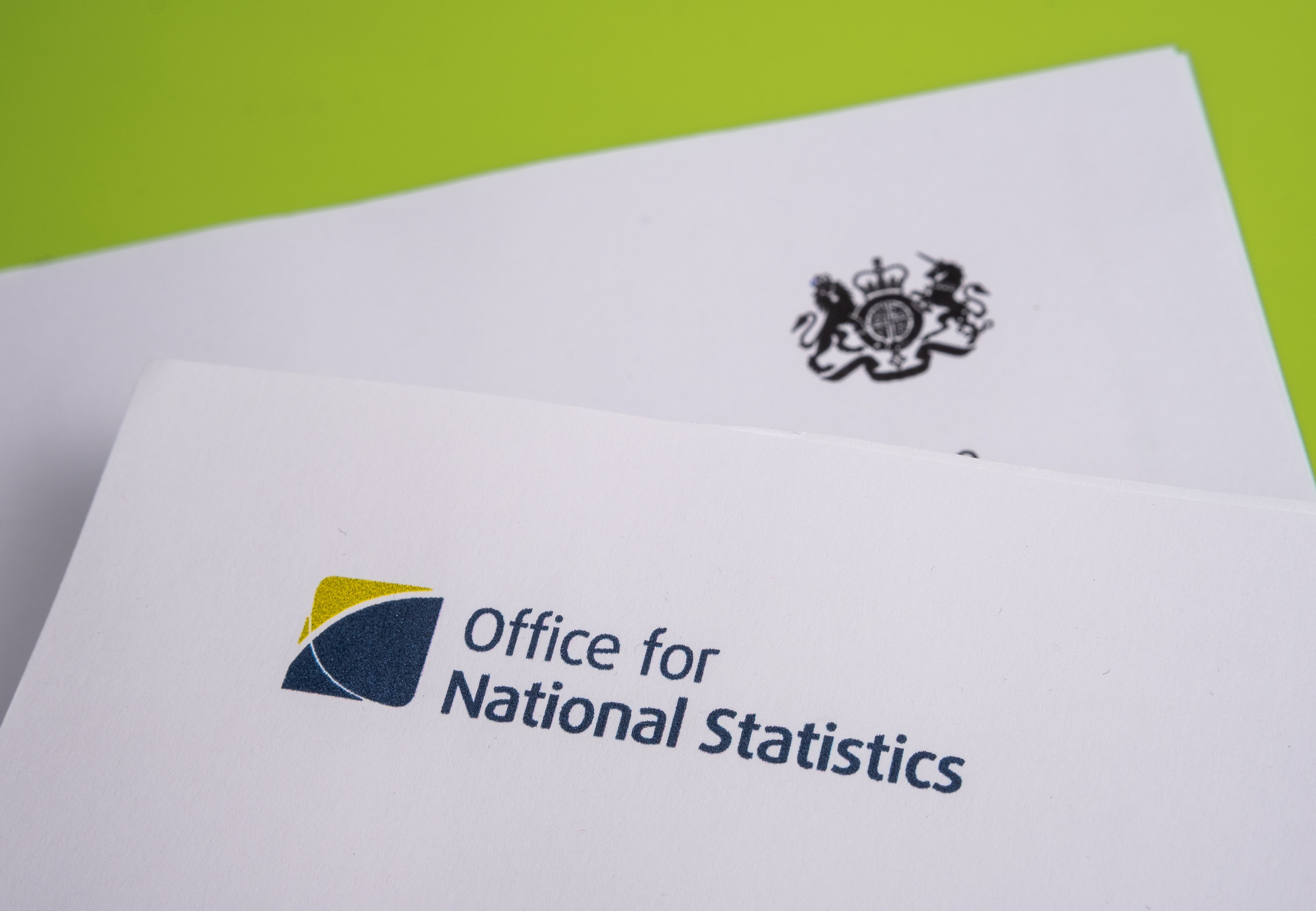
The UK’s inflation rate has remained at 4% despite forecasts in a recent Reuters poll suggesting a rise to 4.2% was on the cards.
A 5% rise in energy bills at the start of the year was not enough to drag up the inflation rate for January, which was offset by the first drop in prices of food and non-alcoholic drinks since May 2021.
They dropped at a monthly rate of 0.4%, according to this month’s figures from the Office for National Statistics (ONS) which were released today (14 February).
Biscuit boost
Among the items leading that fall were instant coffee, sponge cake and chocolate biscuits.
On food and non-alcoholic beverages, ONS notes:
“The easing in the annual rate for food and non-alcoholic beverages was driven by ‘bread and cereals’, where prices fell by 1.3% on the month, compared with a rise of 0.2% a year ago.”
Another major price dip was in furniture, where low consumer spending over Christmas has hit prices for items such as couches and kitchen tops.
The measure of core inflation – which does not include energy, food or alcohol – also remained the same at a rate of 5.1%.
‘Never falls in a straight line’
The unchanged rates may come as some relief to the government after fears that inflation could spike again as a result of the ongoing Red Sea shipping crisis.
Chancellor Jeremy Hunt welcomed the news but said that “inflation never falls in a straight line”.
“Although it’s welcome that it hasn’t gone up today, it is still double the target level of 2%. We’re not going to be able to relieve pressure on families until we hit that target and the Bank of England (BoE) feels able to reduce interest rates.”
The BoE expects the 2% target to be met in April when the energy price cap decided by regulator Ofgem is set to come down, relieving households of some of the pressure on their bills.
US rates
US inflation data was also released yesterday (13 February), disappointing some who had anticipated a fall in inflation to 2.9% by only dropping to 3.1%, still down from the previous month’s figure of 3.4%.
The underwhelming drop has hit hopes for an interest rate drop from the US Federal Reserve. The head of US equities at Federated Hermes Limited, Mark Sherlock, told the BBC that it would "surely further extend the timeline for the first rate cut".
“The Fed has always maintained that they are data dependent, and they are said to be keen to avoid the mistakes of the 1970s (when rates were cut too early and the US economy suffered a second, more painful round of inflation).”
Premier Miton Investors chief investment officer Neil Birrell also told the BBC:
“It looks like everything is running hotter than hoped for. We are not at the stage of worrying about inflation reaccelerating, but we are not out of the woods yet either.”
Core inflation remained at 3.9% in the US, the same rate as December.
Sustained increases in the price of services have marred efforts to bring the rate down and some industries have seen particularly large price rises. Car insurance, for instance, has increased by 20.5% over the last year.
